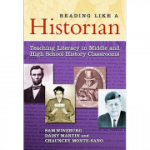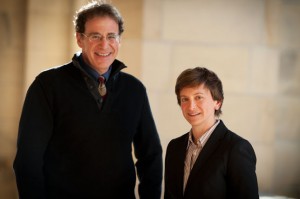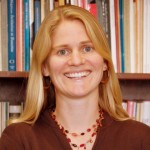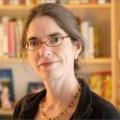The American Historical Association (AHA) presented two of its top awards on Friday, Jan. 4, to researchers affiliated with the Stanford School of Education for their efforts to promote a high school history curriculum that draws on original source material rather than relying on textbooks.
“This is a great honor,” said School of Education Professor SAM WINEBURG, who directs the Stanford History Education Group, where this new approach to teaching history was developed. “What makes it particularly noteworthy is that the AHA gives two awards annually that touch on teaching, and we won both.”
Wineburg and his colleagues DAISY MARTIN and CHAUNCEY MONTE-SANO were awarded the James Harvey Robinson Award for the best teaching innovation, digitally or in print, for their book Reading Like a Historian: Teaching Literacy in Middle and High School History Classrooms. Martin and Monte-Sano, who both earned their doctoral degrees from the School of Education, co-founded the Stanford History Education Group with Wineburg.
Martin is now a senior researcher at the Stanford Center for Assessment, Learning and Equity. Monte-Sano is an associate professor of history and social studies education at the University of Michigan.
The book shows teachers how to use original source material, such as primary documents, charts, graphic organizers, visual images and political cartoons, to encourage students to ask questions and draw conclusions about historical events. The book is aligned with California’s new Common Core standards, which emphasize analysis and critical thinking.
 The AHA also presented the William Gilbert Award for the best article on teaching history to AVISHAG “ABBY” REISMAN, who played a leading role in developing the Reading Like a Historian curriculum while completing her doctorate at the School of Education. Titled “The Document-Based Lesson,” the article presents the findings of Reisman’s study of the effects of the curriculum at five schools in the San Francisco Unified School District, where it was introduced in 2008. She found that students gained significantly in historical thinking, factual knowledge and reading comprehension.
The AHA also presented the William Gilbert Award for the best article on teaching history to AVISHAG “ABBY” REISMAN, who played a leading role in developing the Reading Like a Historian curriculum while completing her doctorate at the School of Education. Titled “The Document-Based Lesson,” the article presents the findings of Reisman’s study of the effects of the curriculum at five schools in the San Francisco Unified School District, where it was introduced in 2008. She found that students gained significantly in historical thinking, factual knowledge and reading comprehension.
Reisman currently is a visiting assistant professor at Teachers College, Columbia University.



